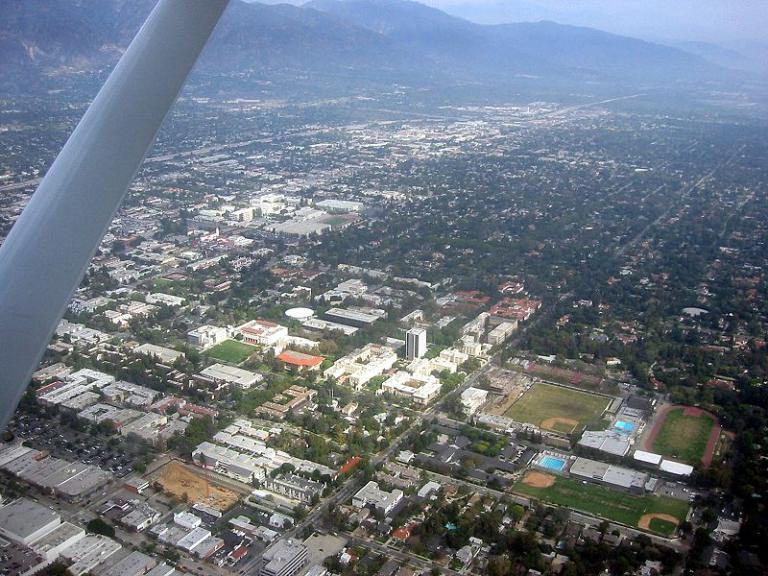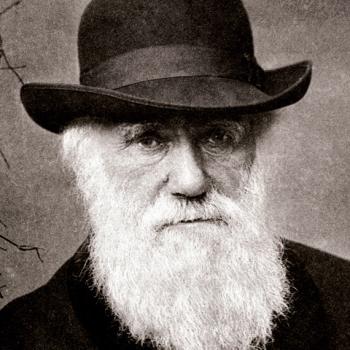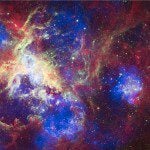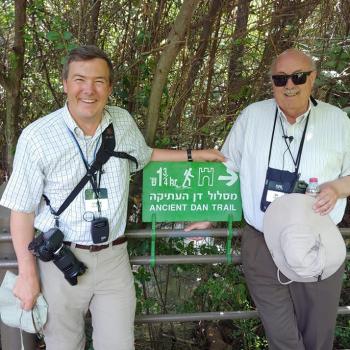
(Wikimedia Commons public domain photo)
Douglas Axe studied engineering and molecular biology at the University of California at Berkeley and at the California Institute of Technology (Caltech), where he earned his doctorate. He then did postdoctoral research at Cambridge University in England, followed by a stint as a research scientist there.
Here are some passages that I marked while reading his book Undeniable: How Biology Confirms Our Intuition That Life is Designed (New York: HarperOne, 2016):
[T]he flag that has flown for many generations over the academy of higher education is that of a broad school of thought known as materialism. The meaning here isn’t the common one (an obsession with flashy cars or expensive clothes) but rather the view that matter — the stuff of physics — underlies everything real. Even if they don’t use this term, atheists tend to subscribe to the materialist view of reality, believing God to be a product of the human imagination, which they believe to be a product of material evolution. Theists, on the other hand, believe the reverse — that the material universe was brought into existence by God, who is not material. Both views accept the reality of the physical world, but one sees this as the only reality whereas the other doesn’t. (6-7)
materialism: the belief that physical stuff underlies everything real
scientism: the belief that science is the only reliable source of truth. (7)
The Universal Design Intuition: Tasks that we would need knowledge to accomplish can be accomplished only by someone who has that knowledge. (20)
Despite the opposition, by 2004 I was confident that I had confirmed Michael Denton’s hunch that “functional proteins could well be exceedingly rare.” . . . Denton reckoned that accidental processes would be incapable of finding new functional proteins if their amino-acid sequences were more rare than about one in 1040 (1 followed by forty zeros). Having now completed the experiments I described to Alan Fersht and the graduate students in 2002, I was able to put a number on the actual rarity — a startling number. With only one good protein sequence for every 1074 bad ones, I had found functional proteins to be roughly 10,000,000,000,000,000,000,000,000,000,000,000-fold more rare than Denton’s criterion! Unless this number was overturned somehow, a decisive blow had been dealt to the idea that proteins arose from accidental causes. (57)
For me there is no debate. The scientific facts are in complete harmony with the universal design intuition. The work my colleagues and I have done on proteins has completely resolved the internal conflict — for me. (59)












